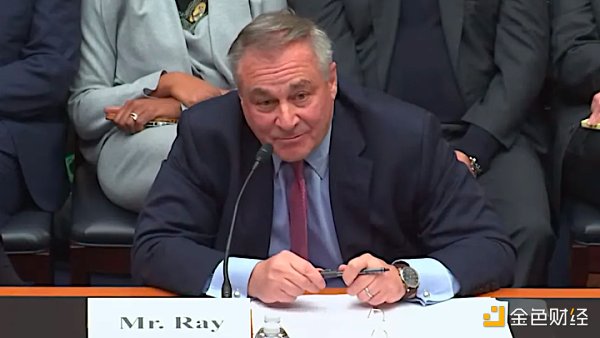“I am sorry, we are not “traditional banks””
When you have feedback with the decentralized digital wallet customer service, you often hear this sentence: " I am sorry, we are not a traditional bank ."
Many people are wondering, what does this sentence mean? Why are these customer service always emphasizing that they are not traditional banks? It is unlikely that you will hear this when communicating with a centralized wallet or trading platform customer service. This is to say from the way we set the mindset of the traditional banking service system in our lives.

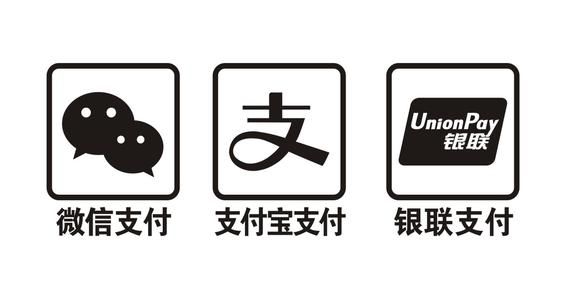

- Read the relationship between Filecoin and IPFS in one article: Is Filecoin really the next gold mine?
- Viewpoint | Reward points are meaningless compared to blockchain rewards
- The financial structure of the Ethereum Ecology: How does it work?
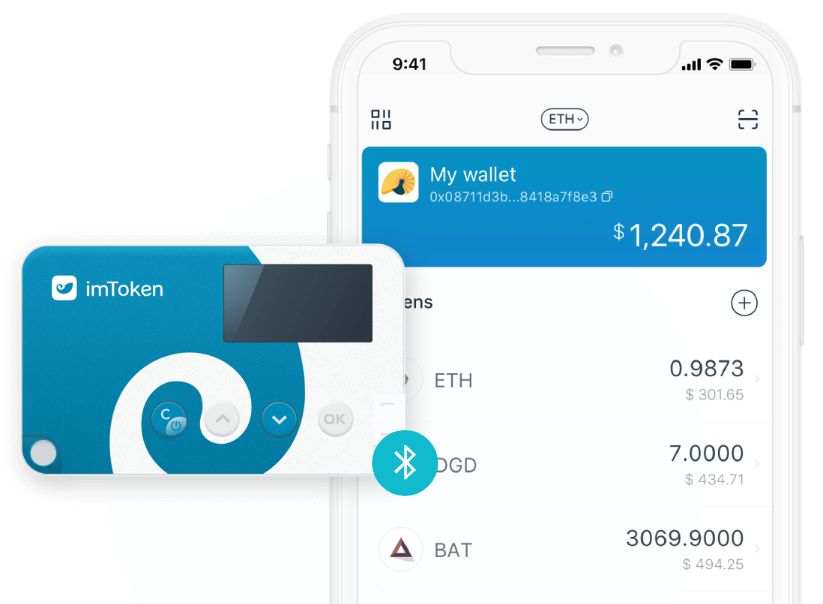

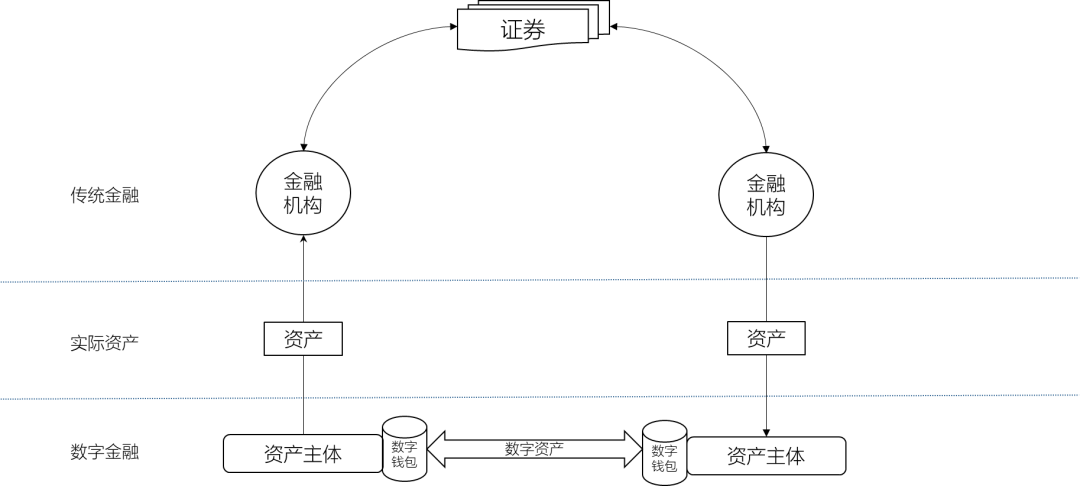

When using a decentralized digital wallet, you are not allowed to enter any personal information to create a wallet. So there is no user profile or the account needs to be managed. At the same time, your password is stored locally on the mobile phone and is not uploaded to the server of the wallet service provider. Therefore, the wallet customer service can not help you to modify the wallet settings, reset the password, or even "change" the wallet balance. It is also because there is no personal information corresponding to the wallet address, so the user has suffered fraud and caused property damage. Although it is possible to query the address to which the token is transferred through the block browser, it is impossible to identify the identity of the fraudster.
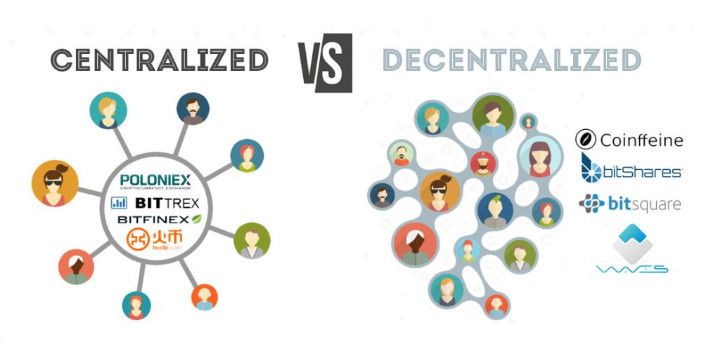

No assets stored here
What is the blockchain? To put it simply, it is a public account that is maintained by everyone. Your wallet data is recorded on this ledger. These decentralized wallet service providers use technology to present wallet data to you. In this process, your assets are not “transferred” into the wallet and are still recorded in the ledger on the block.
Digital assets are not stored on a server or in a bank-like safe. For example, if you buy a hardware wallet, it is not that you store the digital currency in it, but in a safer way. Manage your assets. Decentralized wallets use only different techniques and logic to help you manage your assets. This means that the decentralized wallet does not store and store your assets.
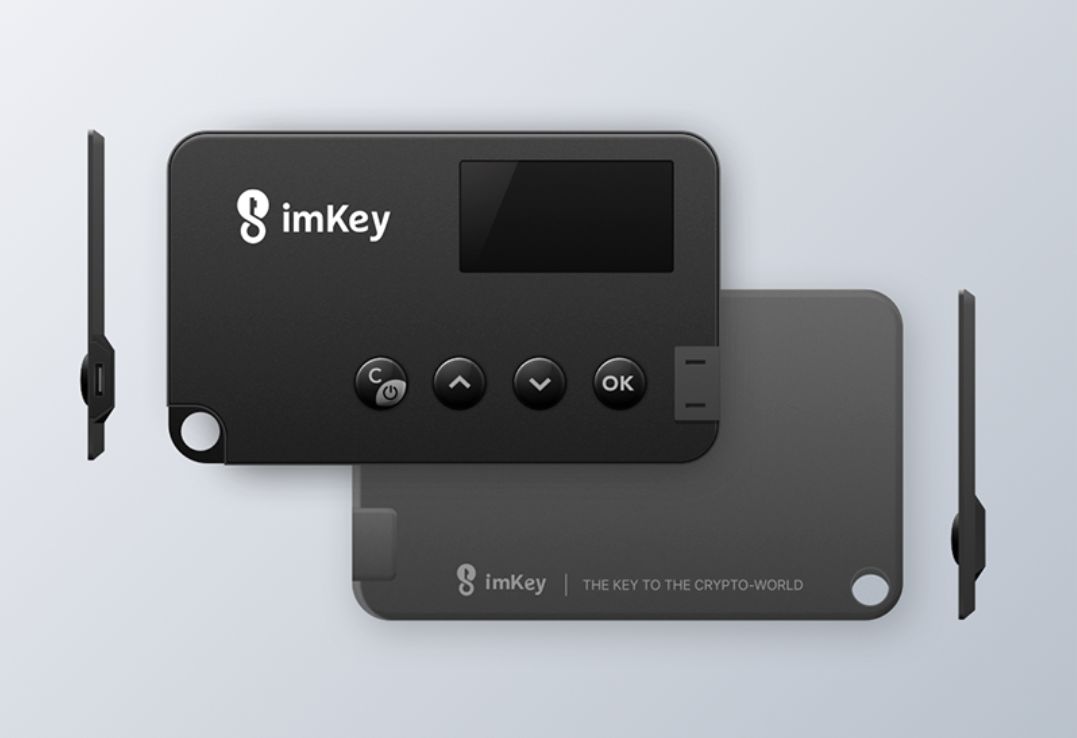

Compliance with blockchain rules
Unlike the traditional banking system, the blockchain is an open distributed ledger that anyone can read the data on the ledger. As long as someone knows your wallet address, you can check every transfer record in your wallet. Moreover, due to the "irreversible" nature of the blockchain, no one can cancel or withdraw the transfer that has already occurred, and it is even less likely to falsify or erase the transfer records already recorded on the block. So if you enter the wrong payment address or are defrauded when you transfer money, the damage will not be recovered. Some centralized digital service platforms will purchase special insurance to deal with user property losses caused by platform problems. But they can't recover the stolen assets, and they can only make up for the loss of users through compensation.
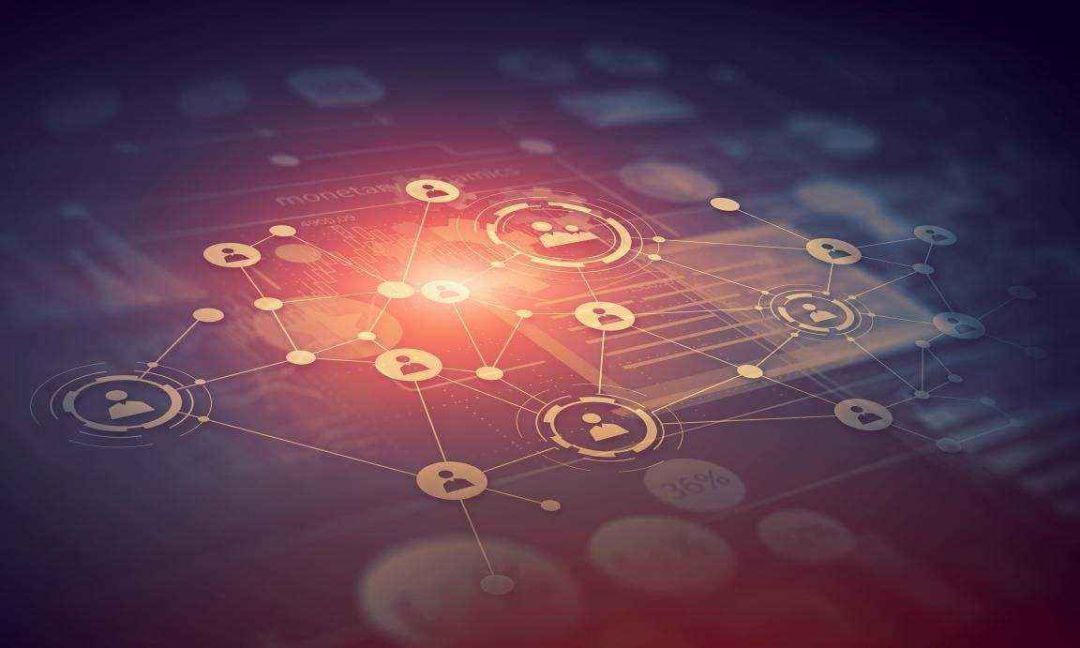

Only you can manage your assets
In the traditional banking system, in addition to yourself, the bank can also control your account, and the bank has greater authority over this account. The assets you deposit in the bank can be frozen, and the transfer function may be subject to various restrictions. Your credit score in the bank may seriously affect your life. In the worst case, just like the outbreak of the financial crisis in 2008, the investment bank represented by Lehman Brothers in the United States went bankrupt, and the assets of customers were not guaranteed.
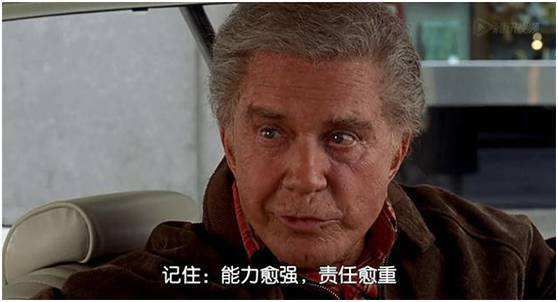

In the decentralized digital asset wallet, only you have the right to control the assets of your wallet. Once your wallet private key is leaked due to improper storage or operation, the resulting loss of assets can only be borne by you.
" I am sorry, we are not a traditional bank. " When you meet the decentralized wallet customer service reply next time, you can understand what they want to say after reading and reading this article.
Reference: "What Crypto Wallets Means When They say "We Are Not A Bank"
Original author: @Katya Michaels
Compile: Ethan@imToken
In order to facilitate the reader's reading, the adaptation of the original content is not affected, and the part of the article is derived from the network.
We will continue to update Blocking; if you have any questions or suggestions, please contact us!
Was this article helpful?
93 out of 132 found this helpful
Related articles
- Popular Science | Long-distance attack problem of PoS protocol
- Former Federal Reserve official 怼 Bank of England Governor: The idea of cryptocurrency replacing the US dollar is unreasonable
- Analysis: What opportunities, challenges and risks will be brought by blockchain technology for digitalization of securities?
- Stable currency analysis: Most stable coins will not be used for large transactions except USDT
- Exchange Real Volume Report (on) | TokenInsight
- Gartner reports: Blockchain business is facing a test, the industry is still dark
- Bakkt also can't impact traditional cryptocurrency futures trading? – Coin, OKex, Matcha, and the same station



